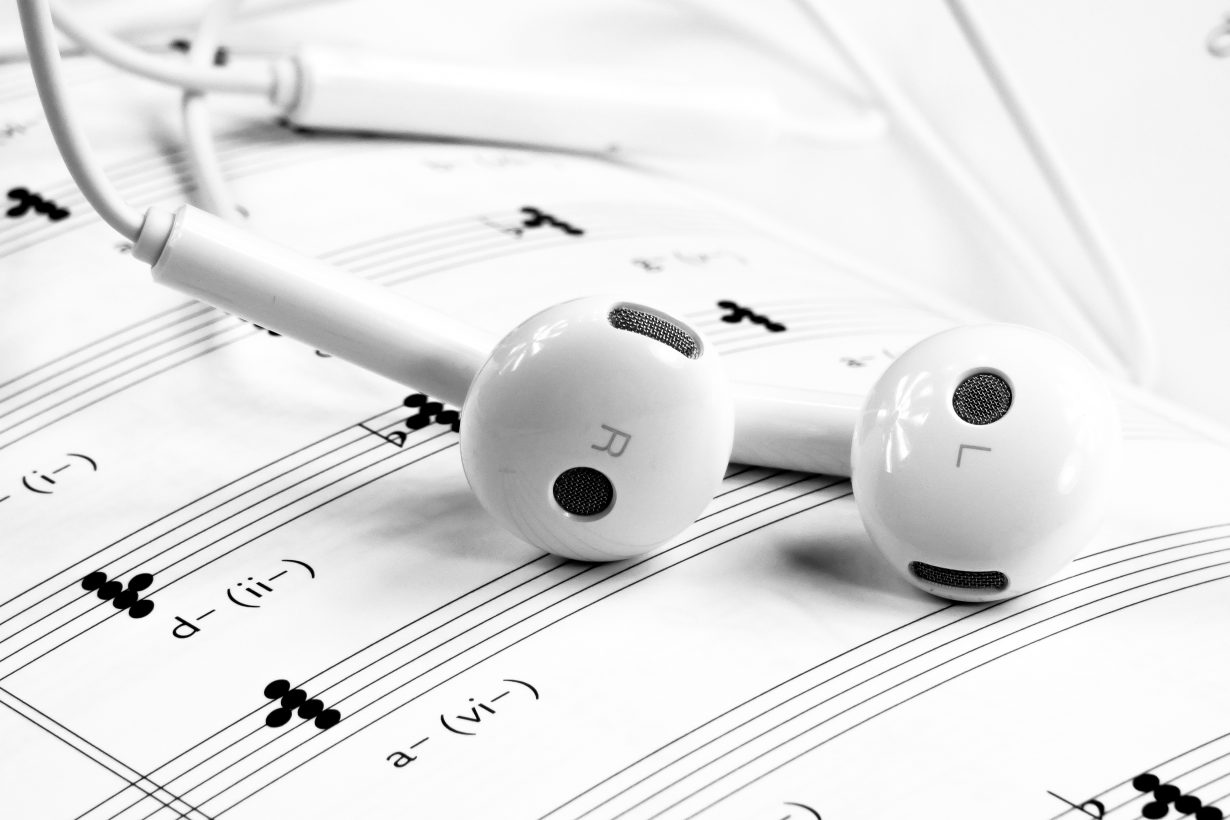
Autism Study Tracks Musical Rhythm as Possible Treatment
Vanderbilt University Medical Center via Newswise – Preliminary data… suggests that when a caregiver sings to a child, children are more likely to attend to the eyes of the singer during the predictable, rhythmically important moments of the song.
Newswise — Researchers from the Vanderbilt Bill Wilkerson Center and the Marcus Autism Center at Emory University School of Medicine are partnering to study musical rhythm synchronization as a part of social development and how it’s disrupted in children with autism spectrum disorder (ASD) in hopes of developing music interventions for improving social communication.
The study is part of the Sound Health Initiative, a series of research projects aimed at advancing understanding of music’s mechanism in the brain and how it may be applied more broadly to treat symptoms of disorders. The initiative is a partnership between the National Institutes of Health (NIH) and the John F. Kennedy Center for the Performing Arts, in association with the National Endowment for the Arts.
Using eye tracking technology, the project will examine how toddlers with ASD and typically developing children focus their visual attention in response to social musical interactions. The children will watch a series of videos that use infant-directed singing — a type of musical interaction often used by caregivers that emphasizes rhythm and predictability — to track where and when they look at the screen.
Some of the videos will use natural infant-directed singing while others will have a disrupted rhythmic structure to examine how the child’s viewing behavior is impacted when the video’s predictability is manipulated.
Preliminary data from the researchers’ prior studies suggests that when a caregiver sings to a child, children are more likely to attend to the eyes of the singer during the predictable, rhythmically important moments of the song. Singers are also particularly expressive during those moments, and the combined expressions and predictability modulate looking behaviors in children.
“We look at others’ eyes to socially connect with them, as a window into how they’re feeling and to see if they’re trying to direct our attention,” said Miriam Lense, PhD, assistant professor of Otolaryngology at VUMC and principal investigator for the study. “We also know that children with autism have reduced attention to the eyes of other people starting early in life.”
Many existing interventions for children with ASD rely on predictability to help the child learn how to react to specific interactions. Lense and her collaborators, which include Stephen Camarata, PhD, professor of Hearing and Speech Sciences, and co-principal investigator Warren Jones, PhD, of Emory, believe musical interaction may enhance the predictability that is already inherent in evidence-based practices for children with ASD.
“We all are helped by predictability — when we know what’s expected of us and how to act — so social musical interactions may create a potential platform for practicing various social skills,” said Lense. “We’re taking principles we already know to be meaningful for children with autism and using them to understand the mechanisms by which these interventions may work.”
Lense believes if rhythm is differentially impacting children with autism’s gaze behavior, it may lead to a better understanding of autism while also allowing for new therapeutic interventions that support children’s attention.
“There are many music-based treatments for ASD, and many people with ASD seem drawn to music. But there is a crucial need to test — and refine — these treatments,” said Camarata. “Dr. Lense’s work will help inform clinical trials and, ultimately, provide better treatment for children with ASD.”
“Such a combination of talented researchers leveraging the culture of Music City, the depth of Vanderbilt and the unique strengths of the Bill Wilkerson Center is rare and remarkable. We are excited for the journey using music as a special tool for these patients and families,” said Roland Eavey, MD, Guy M. Maness Professor and chair of Otolaryngology and director of the Vanderbilt Bill Wilkerson Center.
To read the original article click here.






